Grande Ecole / Master in Management
Programme
Grande Ecole / Master in Management
SKEMA Business School’s Master in Management (PGE) programme delivers world-class education through a blend of core courses, specialised tracks, and internships across its international campuses.

Practical information
Type of programme
Full time
Duration
2 years
Tuition fees
€37,000 for two years' tuition
Location
Belo Horizonte (Brazil), Dubai (UAE), Lille (France), Paris (France), Raleigh (USA), Sophia Antipolis (France), Stellenbosch - Cape Town (South Africa), Suzhou (China)
Language
English, French
Start date(s)
September
Admission level
High school + 2 years of study, High school + 3 years of study
Degree
Master degree
Presentation
Understand a complex world, anticipate developments and transform it sustainably
The Master in Management, Grande Ecole programme is open to students with a non-French bachelor degree.
It is taught on our campuses in France (Lille, Paris and Sophia Antipolis), Brazil (Belo Horizonte), China (Suzhou), USA (Raleigh), and in South Africa (Stellenbosch).
SKEMA’s Master in Management degree is recognised by the French state and endorsed as 'Master'. It is 18th in the Financial Times Master in Management worldwide ranking (2025) and 19th worldwide in the QS rankings of 2023. Most students get a double degree (Master in Management + MSc).
Becoming the leaders of tomorrow
- A global, multi-campus programme: campuses in France (Sophia Antipolis, Lille, Paris), China, USA, Brazil or South Africa
- Large variety of learning paths and a huge range of specialisations
- Dual skill learning paths, both optional and leading to a qualification
- International profile: courses taught in English from the first year
- Opportunities for immersion in our campuses abroad (with optional professional experience) and/or an international university exchange.
- An optional work placement is possible either in M1 or in M2 (two placements of six months maximum)
- Innovative teaching and learning: six interdisciplinary teaching and learning projects and targeted, appropriate use of e-learning and m-learning teaching methods

ThinkForward system
The Master in Management programme is structured in such a way as to encourage individualisation of the study path and unlimited international mobility.
The Master in Management, Grande École programme offers emblematic courses, known as SKEMA DNA (Challenge Knowledge Management & Business Intelligence Challenge, Design Thinking, Sustainable Performance and the Globalisation MOOC), with educational facilities that develop students as entrepreneurs. SKEMA is also at the forefront in its practices of pedagogical innovation.
Companies identify SKEMA graduates as immediately operational talents in a global company.
About this degree
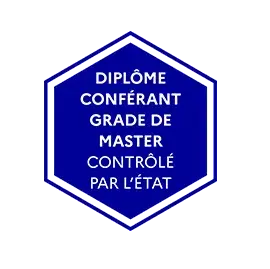
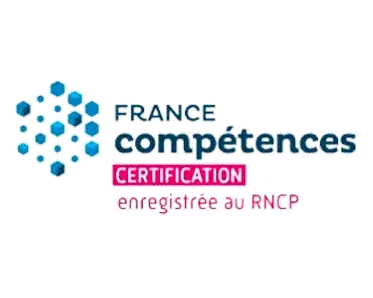
-
What makes SKEMA the right choice?
- A top French business school
SKEMA is one of the largest French business schools in terms of student numbers (11,000).
- Internationally recognised - triple accredited
SKEMA is EQUIS, AACSB and EFMD EMBA accredited.
Our Master in Management is ranked in the top 6 in France, and 22nd worldwide (all SKEMA's rankings).- Campuses where things are happening
SKEMA has 9 campuses: in France (Lille, Sophia Antipolis, Paris), in the USA (Raleigh), in China (Suzhou, Nanjing), in Brazil (Belo Horizonte), South Africa (Stellenbosch) and in the United Arab Emirates (Dubai).
- Choice
To tailor the programme to their own career plans and strengths, students choose from a huge range of electives, options and international campus study tracks.
- Individualised guidance
Every student is individually accompanied by a dedicated team of tutor-teachers to get individualised support at key stages in their education .
- International
SKEMA has more than more than 130 nationalities, 45% foreign students, 4,600 students on international campuses
- Professional experience
Students get between six and 21 months of in-company experience during their time on the Grande Ecole programme. Students can also do a work-experience sandwich year.
- A powerful alumni network
Benefit from an active alumni network of over 60,000 worldwide, many in senior management positions.
- Top-flight faculty
Our international faculty comprises high level researchers. They work in close collaboration with companies so that students here get the best of both worlds.
- A rich and diversified student life
There are more than 80 different student societies and clubs in all areas: culture and arts, sports, humanitarian, business enterprise.
In video



Courses
Master in Management programme structure
Use this diagram to get an overview of the programme structure
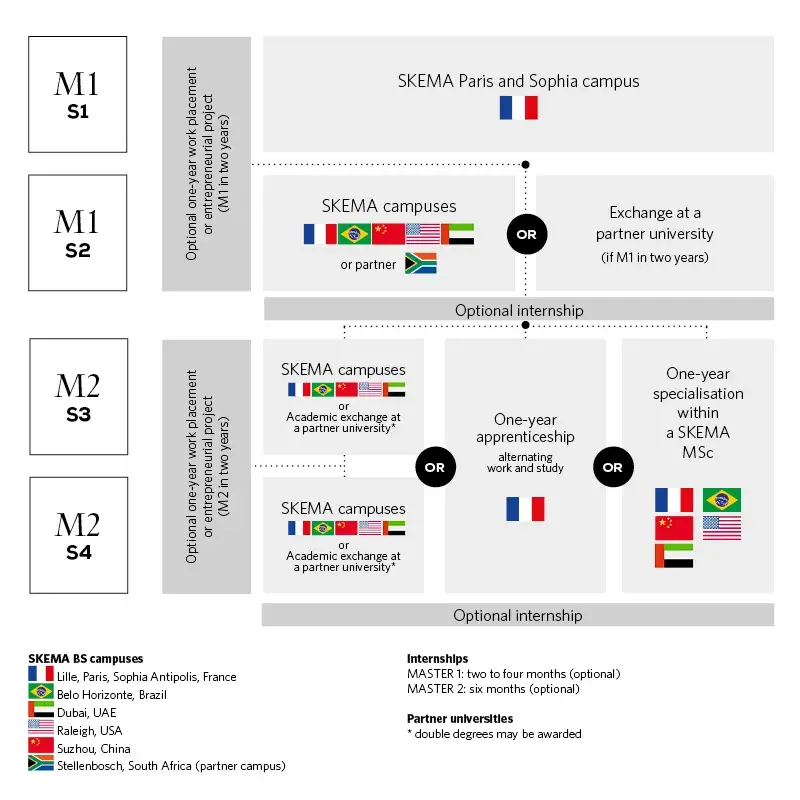
-
Students joining the M1 programme at SKEMA will study Advanced Business Management. This is the first year of a two-year master programme whose principal aim is to help you develop a deeper understanding of business management principles and provide you with an opportunity to develop your international experience.
All courses are taught in English and followed by students across all SKEMA campuses. Depending on your academic background and choice of M1 programme, you will study two prerequisite courses and one refresher course or elective.
The prerequisite courses will be taught as of the beginning of the autumn semester. You may choose one "Academy Profile" course that allows you to gain further experience in a chosen academic field.
During the autumn semester, you will also be asked to choose your spring track choice.
You may choose between:- an international campus,
- the CFA Level 1 specialisation (Paris campus only)
- undertake a work experience year (césure) from January to December before returning to complete your M1 year in January with an academic semester on an international campus, CFA Level 1 or an exchange with one of our university exchange partners.
Students joining the school may also apply for the
- Two-year apprenticeship track (Lille, Paris). This programme is taught in French and is subject to number of places available.
- Two-year specialised tracks (Lille campus only):
- Contrat des Affaires, "CA" (taught in French). This is a double diploma in partnership with University of Valenciennes and Hainaut-Cambrésis (UVHC)
- Expertise Comptable et Audit, "ECA" (taught in French)
These programmes are taught on the Lille campus and are accessible via a selection process and subject to number of places available.
- DEMOLA. (Sophia campus, autumn semester only). This programme is taught in French/English and subject to number of places available.
- CFA Level 1. (Paris campus only). This programme is accessible via a selection process and subject to number of places available.
Artificial intelligence in M1
Students will also be able to learn about AI through business intelligence and data analysis (using RapidMiner). They work on a consulting exercise (process analysis, and a proposal for improvements via digital transformation) and how AI can be used to optimise these processes.
Academic Track choice Spring semester
From September, students will be able to choose their academic track choice for the spring semester. Certain track choices may be subject to selection criteria. Students are given the opportunity to meet with their academic director to help them ensure that their final choice is coherent with their personal and professional goals.
-
Specialisation and getting into the world of work
During the second year, students acquire a specialisation. This final-year specialisation and internship are key to employability.
This year’s teaching and content is entirely in English as part of an MSc (for students enrolled in the Wealth Management Mastère Spécialisé, teaching is mostly in French).Students may do this year on any of SKEMA’s campuses worldwide (one semester or one year), in academic exchange (one semester or one year), as a double degree (“Master 2” with our partners) or in apprenticeship (all French campuses).
- See our master of science specialisations here (taught in English)
- Mastère Spécialisé® Wealth Management (Manager en Gestion de Patrimoine Financier) (taught in French).
Choice of course
Access to the various choices and courses and specialisation options is done through an allocation process, requiring, where necessary, appropriate selection according to availability.
Artificial intelligence in M2
In the M2 year, AI is examined in the Digital Business course. Students work on a consulting exercise where they must identify the necessary features for an innovation management platform (with a real case from a company) and they analyse the role that AI can play to improve the efficiency of this platform.
Gain valuable work experience in the USA
SKEMA students enrolled in the International Business or Financial Markets & Investments specialisations in Raleigh who are not American citizens or permanent residents of the USA may apply for Optional Practical Training (OPT). OPT permits eligible students to apply for an Employment Authorisation Document (EAD) allowing them to work in their field of study in the USA for up to 12 months without applying for a new visa. Eligibility requirements: finish their final two semesters in Raleigh and successfully complete all coursework.
More information about OPT and other options to work temporarily in the USA
Admissions
Applications deadlines
Intake in September
The next application deadline is the 15th of the month.
Financing & tuition fees
Tuition fees
- €37 000 for the two years M1 and M2
- Optional gap year fee: + €500
A service fee of €500 per year of study is added to the tuition fees. It is paid annually, together with the tuition fees.
Scholarships for SKEMA Business School
Our interactive scholarships brochure provides information about many French and international scholarships available for students studying SKEMA's bachelor's and master's degree programmes.
There's also information on the scholarships awarded by SKEMA Business School.
Each scholarship listed includes a full description, eligibility criteria, the grant amount available, the application process and contact details for each organisation.
French Embassies worldwide also offer support for international students to study in France. You can find information below or online by searching for ‘French Embassy’ and inserting your country of residence.
Check out our scholarships guide for international and French students.
Careers
Employment survey (class of 2023)
- Net employment rate after 6 months: 99%
- 41% work outside of their home country
- Business areas students choose to work in:
- Audit, Consulting, Financial Management (39%)
- Business Development & Sales (26%)
- Marketing & Communications (15%)
- Purchasing, Logistics (8%)
- Project Management, Digital Services (7%)
- HR, Legal (3%)
- Entrepreneurship (2%)
Some companies that recruit our students
Airbus, Amadeus, Amazon, Axa, Bartle, BNP Paribas, Carrefour, Chanel, Christian Dior, CGI, Citigroup, Groupe Canal+, Danone, Decathlon, Deezer, Deloitte & Associes, Eco Green Energy, Ecoact, Eurazeo, EY, Ferrero, Goldman Sachs, Grant Thornton, Hermes, Jp Morgan, Julius Baer, KPMG, L’Oreal, LVMH, Mars, Mondelez Intl, Pernod Ricard, Procter & Gamble, PWC, Rothschild & Co., Sephora, Société Générale, Sopra Steria Next, Thales, UBS, Van Cleef And Arpels, Vinci, Volkswagen Group.
SKEMA Talent & Careers
The Talent & Careers department will guide you to make your career ambitions become a reality.
Personalised support adapted to you
A specific coaching programme is offered to you as soon as you join the Master in Management programme. You will be able to:
- Participate in workshops and webinars on topics such as international job search, recruitment interviews, pitching or professional network
- Benefit from personalised advice from our career consultants
- Access cutting-edge tools / resources to facilitate your professional future, help you develop your skills, and better define your profile
- Get noticed by recruiters by participating in our corporate events and completing your profile on job boards.
SKEMA Talent & Careers in figures
- Over 150 events organised each year to facilitate the development of your professional project
- 2500 companies who hire our talents
- Six digital partner platforms that give you access to millions of offers, practice tests, business videos, CV templates, ...

“I achieved my goals thanks to the personalised coaching I received from qualified professionals. I was referred to the Talent & Careers team to get professional advice regarding my CV, cover letter and the steps I needed to succeed with my professional ambitions. During our regular exchanges, we defined a personalised strategy in line with my expectations.
I have found an internship in a company with great values and I want to thank the Talent & Careers team for their precious advice.”
Contact us (international students)
Our team is at your disposal for any further information you may require.
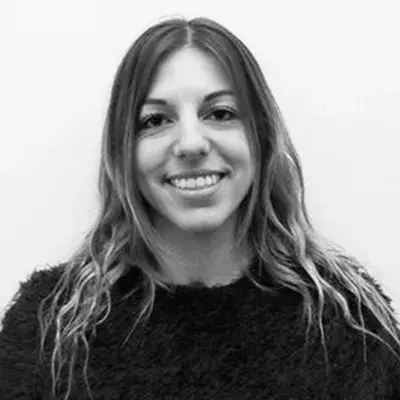
International Admissions Manager Latin America, Western Europe (except France)
Pauline DI GIROLAMO
International Admissions Manager USA & Canada
Fanny ISNARD
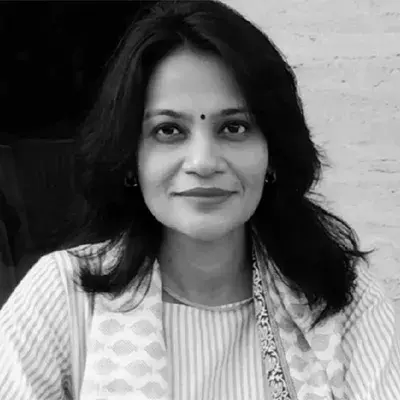
International Admissions Manager South Asia, India, Nepal, SriLanka, Oceania
Viragi JHAVERI

International Admissions Manager Algeria, Morocco & Indian subcontinent
Yue LIU
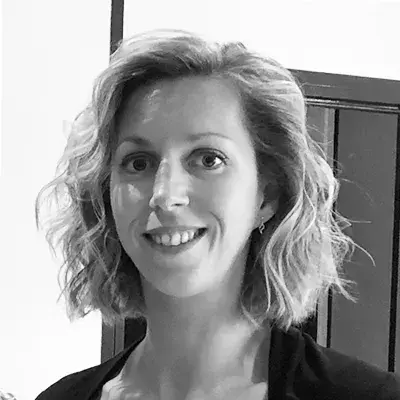
International Admissions Manager North Africa & Middle East
Stéphanie FACE
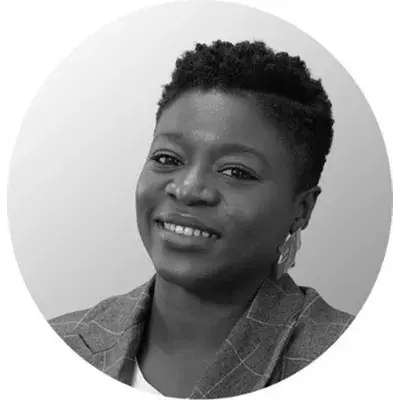
International Admissions Manager Sub-Saharan Africa
Aniouvi GNASSOUNOU
aniouvi.gnassounou@skema.edu
Copied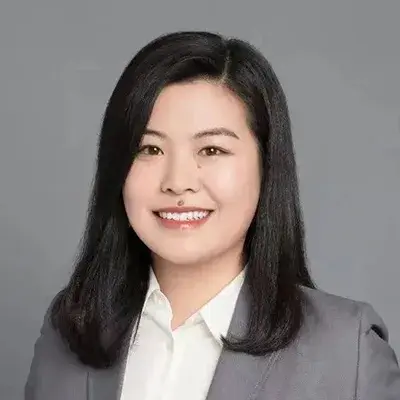
International recruitment China & Northeastern Asia
Jade YANG
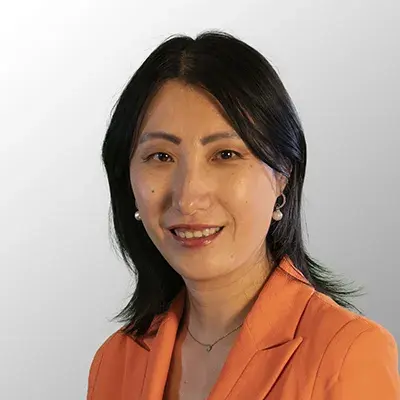
International recruitment China & Northeastern Asia
HuiHui YANG

Admissions Manager Eastern Europe, Central and Southeast Asia, Oceania
Yongfeng LU
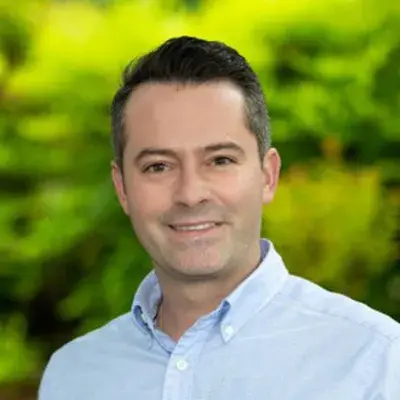
US students applying to Raleigh: Global BBA and MSc FMI, IB & IMBD
Thomas Ragot


